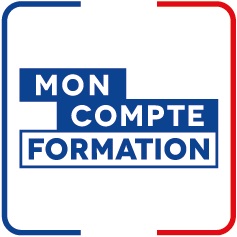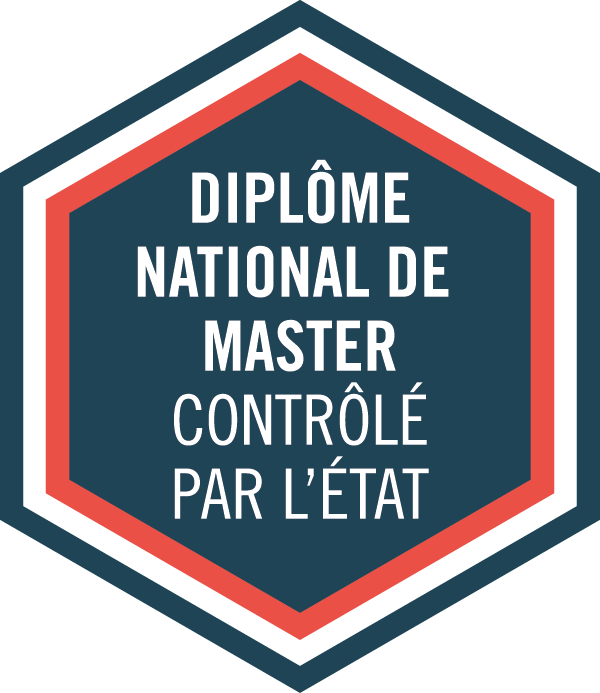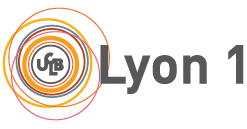Créé en 2022, le Master Sciences du Vivant (international Master in Life Sciences) propose une formation à la recherche, et par la recherche, dans le domaine de la biologie cellulaire et moléculaire, incluant une forte coloration transdisciplinaire. Le M1 'Sciences du Vivant' se poursuit par le M2 'Frontiers in Biology'.
Les enseignements sont dispensés intégralement en anglais, avec pour objectif d'accueillir au moins la moitié d'étudiants internationaux. Le programme fait également intervenir des scientifiques internationalement reconnus, qui contribuent à l'enseignement et à l'accueil des étudiants en stage.
Ce programme met en œuvre des approches pédagogiques modernes, telles que la classe inversée et l'apprentissage par projet, doublé d’un accompagnement méthodologique personnalisé, pour aider les étudiants à s'épanouir scientifiquement.
Pour plus d'informations: https://master-life-sciences.univ-lyon1.fr/
















